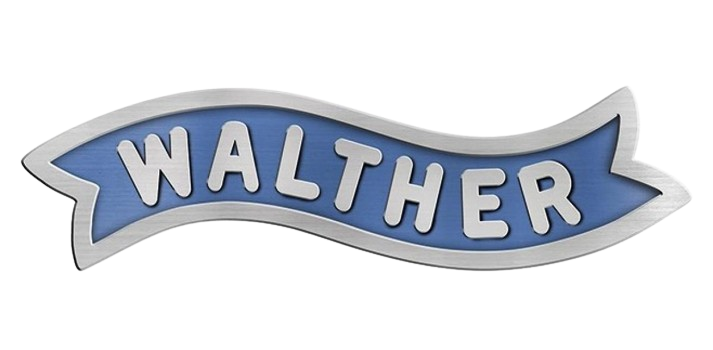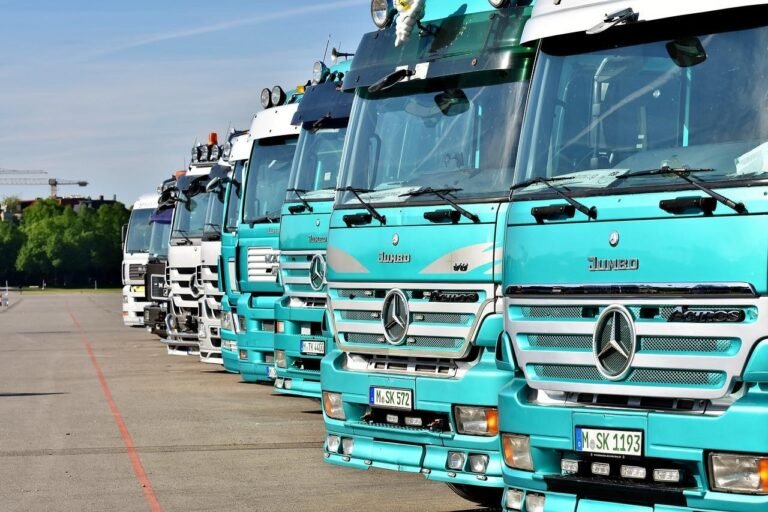The first thing that you must know is that trucking accidents are way different than regular car accidents. We are exclusively referring to the commercial trucks here. Commercial Truck Accidents involve company or business vehicles at the time of the accident.
If you have gotten into an accident and the at-fault party, who is also the defendant, is a major corporation, then you might feel a bit worried about the settlement value or whether you will be able to win the case against such a big party who has more money and assets than you.
The Law is The Same For All
You might be worried that the law might not apply the same way to that big defendant. Nonetheless, we are here to tell you to put all your worries aside. The good news is that the law applies exactly the same to a big corporation as it does to a regular person.
Despite the fact that the law is equal for all, it doesn’t mean that there aren’t some important differences to keep in mind. You are involved in an accident where the at-fault driver is an employee or a business owner. One of the main differences is that many larger corporations, while they carry some sort of insurance to protect themselves – a lot of times, have a much higher or a larger self-insured limit.
How Do Self-Insured Limits Affect Settlements?
Now, what this means is that the company has to come out of its own pocket and pay up to a certain amount of money before their respective insurance steps in to pay. Typically, those limits can range from $250 thousand to one million dollars or even more. The amount depends on the size of the respective corporation.
So, suppose you are in Washington, and the garbage truck caused an accident. In this case, you should prioritize getting truck accident attorneys on your side so that the lawyers can effectively assess the details of the accident after discovery and assess the settlement value that you can receive. Since the garbage truck is the city’s truck, you can expect unlimited insurance – but- with the help of your lawyer, you need to establish two important factors, which are liability and negligence.
How to Determine Liability and Negligence
As mentioned before, when you are in an accident, and you are seeking maximum insurance from the at-fault driver’s insurance company, you need to get a lawyer on board to determine liability and negligence effectively. Through evidence, the lawyer will establish that the at-fault driver of the Commercial Truck Accidents, such as a truck or a delivery van, was indeed negligent in one of the following aspects:
- Their duty of reasonable care
- There was a breach of duty.
- Causation and damages
By establishing the negligence of the driver, the lawyer will establish the fact that the driver practiced less care than what was as per the standards required by the court.
Establishing Liability
Now, when it comes to liability, several actions of the truck driver can establish their liability in the accident, such as negligent or careless driving behaviors that include distracted driving, aggressive driving, ignoring speed rules, ignoring traffic, driving under the influence, etc.
What Happens Next?
Suppose the commercial vehicle driver is found responsible for the accident. In that case, the money to compensate you for the damages, as well as your personal injuries, comes out of the pockets of the corporation for whom the driver works and not the insurance policy.
Sometimes, this very aspect can make it harder for a truck accident case to settle as there is a direct impact on that business’s bottom line. So, under such circumstances, trying to reach a fair settlement can be difficult as it could potentially impact that business’s ability to continue.
When the Trucking Business is Located Outside Your State
Larger businesses, especially those that include commercial trucks, are actually quartered outside the state where the accident might have occurred. When businesses are situated outside the state where the accident occurred, you bring a claim against them, and that claim surpasses a certain amount. In this case, the defendants can force the case to go to federal court instead of state court.
There are many differences between the state and federal courts. This is why it is incredibly important to assess early on whether that trucking company is situated in the same state that you live in or if they are located in another state.
The Company Policy and Settlement
Another aspect that perfectly illustrates the difference between Commercial Truck Accidents and other accidents is that some businesses have a strict policy where they will defend every single case. They do so irrespective of whether or not they are responsible or whether there is a question about responsibility.
On that note, there are also businesses that are essentially large corporations that simply refuse to settle cases. Instead, they exercise their right to defend every single case in court. Now, if you are a victim of a truck accident where such a big company owns the truck, it means that you might have no other choice – no matter how legitimate your claim may be – but to file a lawsuit against that truck driver and the corporation. This way, you will be looking to a jury to help you resolve the dispute.
Hire A Lawyer to Prove Your Injuries in Court
It is important to mention here that the law is equal and just – not only for the victim but also for the defendant. So, it doesn’t matter whether that defendant is your neighbor, a stranger, or a driver who is an employee of a big corporation. However, as the victim of the accident, you still carry the burden of proving your injuries in court and proving that the defendant was indeed at fault for the accident.
Similarly, the defendant, who might be an employee of a big corporation, still has to defend the case exactly the same way. They don’t get a free pass, and they don’t get any concessions because they are major corporations. So, you know that Commercial Truck Accidents are indeed more complex than your regular car accidents, which is why contacting a good lawyer right away will prove useful in the bigger picture.

